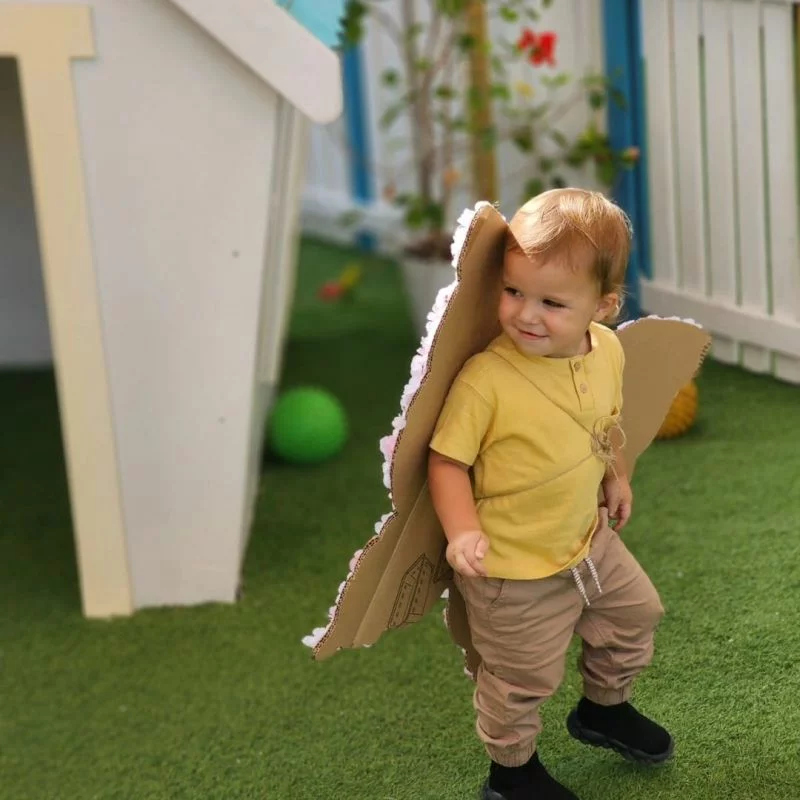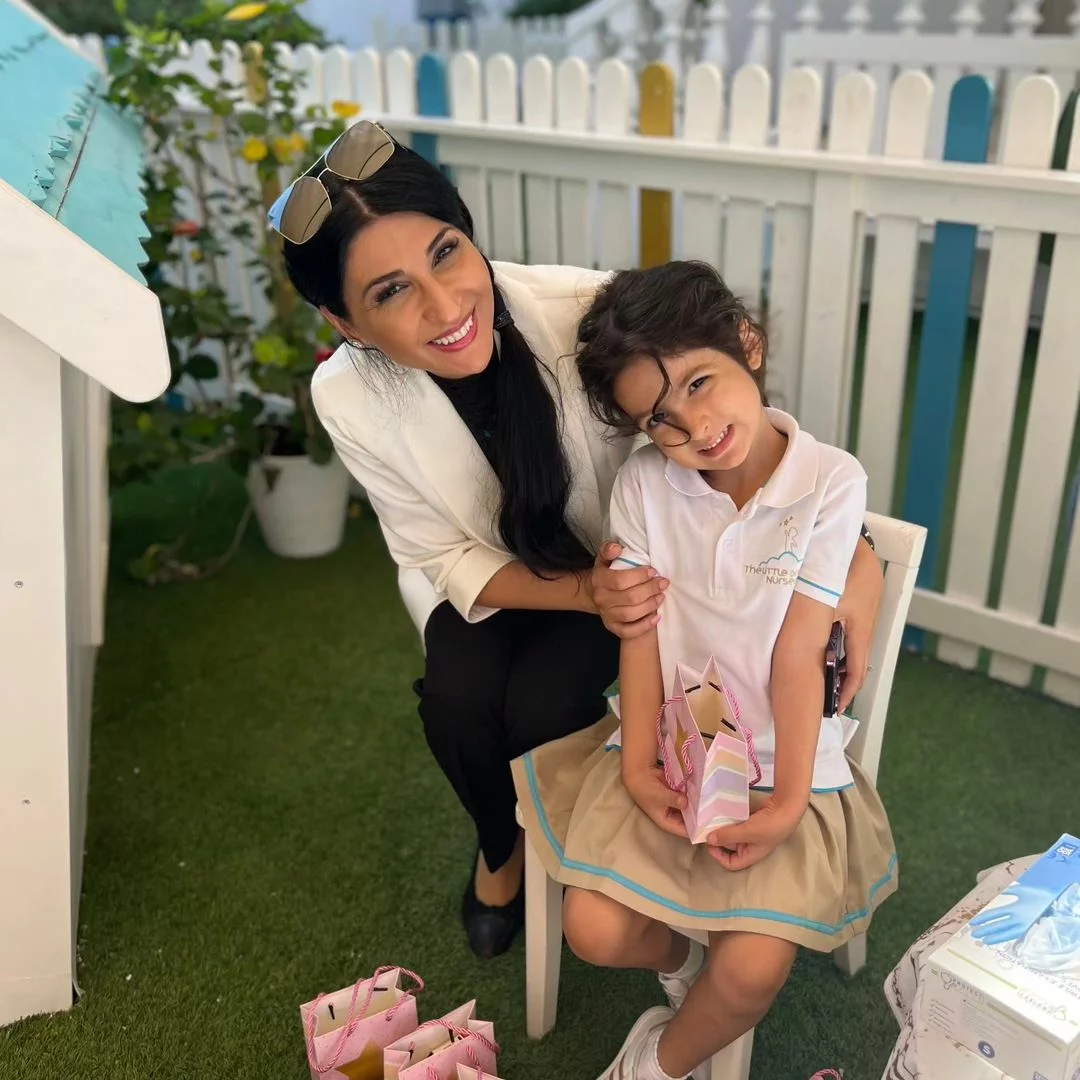It starts playing on your conscience —after bedtime, during school drop-off, or when you miss a school event. That persistent, heavy feeling that whispers, “You’re not doing enough.”
This is parent guilt, and if you’re reading this, you’ve probably felt it more than once.
Whether you’re a stay-at-home parent, a working or a working one, or anything in between, guilt is often an uninvited passenger on the parenting journey. But what if you could acknowledge it, learn from it, and gently let it go?
Let’s explore where parent guilt comes from, why it’s so incredibly common, and how you can start to replace it with self-compassion—not perfection.
What Is Parent Guilt, Really?
Parent guilt is that internal voice that tells you:
- You should be spending more time with your children.
- You shouldn’t have snapped this morning.
- You’re failing because your child isn’t sleeping/eating/listening.
It’s fueled by unrealistic expectations, comparisons, and the constant pressure to be everything to everyone.
But here’s a truth you may need to hear:
Guilt is not always a sign that you’re doing something wrong.
Sometimes, it’s just a sign that you care deeply.
Why Is Parent Guilt So Common?
There are several reasons guilt has such a tight grip on parents today:
- The Myth of the “Perfect Parent”
Social media has made parenting visible—and curated. Perfectly packed lunches, calm bedtime routines, smiling toddlers, it is easy to believe everyone else has it together.
The result? You feel like you’re falling short—even when you’re doing your best.
- Perfectionism and High Expectations
Many parents are incredibly hard on themselves. You may hold yourself to a standard no one else expects you to meet. And when you inevitably fall short, guilt rushes in.
- Cultural and Generational Pressures
Whether it’s “mum guilt” for working outside the home or “dad guilt” for not being emotionally available, our upbringing and culture shape our beliefs about what a good parent should be.
- Emotional Burnout
Parenting is emotionally draining. When you’re running on empty, your reactions are louder, your patience is thinner, and the guilt feels louder.
🔗 Related: Signs of Anxiety in Children
5 Tools to Let Go of Parent Guilt
Letting go of guilt doesn’t mean you don’t care. It means you care enough to grow without punishing yourself.
- Practice Self-Compassion Over Self-Criticism
When guilt rises, ask yourself:
“What would I say to a friend who felt this way?”
You’d probably offer comfort—not criticism. You deserve that same kindness.
Try replacing your inner critic with phrases like:
- “I did the best I could at that moment.”
- “This doesn’t define me as a parent.”
- “It’s okay to have hard days.”
- Challenge Unrealistic Expectations
Ask yourself:
- Who am I trying to impress or please?
- Is this belief even true?
- Where did I learn that I have to do it all?
Write these answers down. Guilt often shrinks when it’s held up to light.
💡 Journal Prompt: What unrealistic expectations am I holding myself to right now? Where did they come from?
- Notice the Triggers, Not Just the Feeling
Instead of drowning in guilt, get curious. When does it hit the hardest?
- After screen time goes past the limit?
- When your child cries after drop-off?
- When the house is a mess?
Recognizing patterns can help you find more supportive systems, instead of falling into the shame spiral.
- Celebrate Small Wins
Guilt can blind us to what we are doing right.
Each evening, try writing down 3 things you did well today as a parent.
They don’t have to be profound. Even “I read a story without checking my phone” counts.
💡 Journal Prompt: What went well today that I’m proud of—even just a little?
- Seek Support—Not Silence
Talking to a trusted friend, therapist, or support group can help you put guilt in its place.
If the guilt is persistent or tied to feelings of anxiety, burnout, or depression, therapy can be an invaluable space for release and reframing.
✨ Guilt isn’t a life sentence. It’s an invitation to grow with more grace.
Real Talk: You’re Already Doing More Than Enough
You show up. You try. You love.
That’s what your child needs—not perfection. Presence, not pressure.
Children don’t need a flawless parent. They need a safe, imperfect, loving one.
One who sometimes says, “I’m sorry.”
One who learns from mistakes.
One who stays even when it’s hard.
That’s what builds resilience—in you and in them.
Final Thoughts: Make Peace With Guilt, One Page at a Time
If you’re ready to begin letting go of the pressure and guilt, start with this:
📝 5 Journal Prompts to Begin Healing Parent Guilt:
- What do I feel most guilty about—and what would I say to a friend in my shoes?
- What moments today showed that I am a caring parent?
- How did I handle a hard moment better than I would have last year?
- What unrealistic standards am I holding myself to?
- What are three things my child would say they love about me?
Even five minutes of reflection can shift your mindset from self-blame to self-trust.
You’ve Got This
Parent guilt may never disappear completely—but it doesn’t have to control you.
Each time you choose compassion over criticism, presence over perfection, you’re not just becoming a better parent.
You’re becoming a more whole, healed version of yourself.
And that’s something to be proud of.
💬 Want more emotional support content for your parenting journey?
Explore more insights here:









